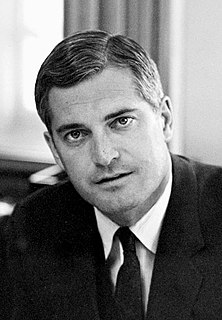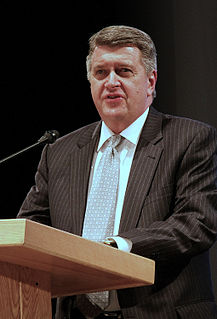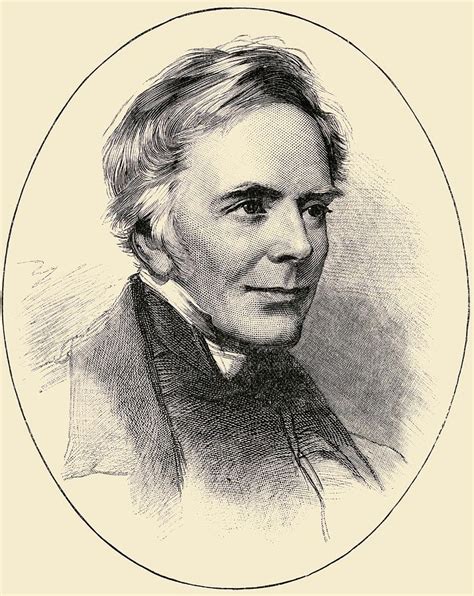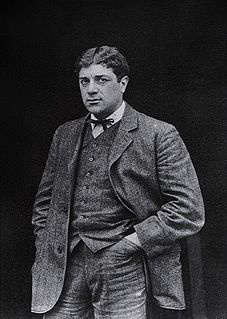A Quote by Thomas Paine
Revelation is necessarily limited to the first communication- after that it is only an account of something which that person says was a revelation made to him; and though he may find himself obliged to believe it, it can not be incumbent on me to believe it in the same manner; for it was not a revelation made to ME, and I have only his word for it that it was made to him.
Related Quotes
I believe in revelation, but not in revelation which each religion claims to possess, but in the living revelation which surrounds us on every side - mighty, eternal, unceasing, incorruptible, clear, distinct, universal as is the being from whom it proceeds, in that revelation which speaks to us and penetrates us from the moment we are born until we die.
...[sacred] doctrine is especially based upon arguments from authority, inasmuch as its principles are obtained by revelation: thus we ought to believe on the authority of those to whom the revelation has been made. Nor does this take away from the dignity of this doctrine, for although the argument from authority based on human reason is the weakest, yet the argument from authority based on divine revelation is the strongest.
One major difference between Mormons and evangelicals on the subject of revelation is that Latter-day Saints believe that God has appointed modern-day prophets and apostles to receive revelation for Christ's church. All church members may receive revelation appropriate for their particular callings or positions within the church and their families, but never in contradiction to church doctrine or policy. So Mormonism has both a democratic practice of revelation that would resonate with evangelicals, but also an institutional understanding of revelation foreign to evangelicalism.
How wonderful it is that we believe in modern revelation. I cannot get over the feeling that if revelation were needed anciently, when life was simple, that revelation is also needed today, when life is complex. There never was a time in the history of the earth when men needed revelation more than they need it now.
It is clear that there must be difficulties for us in a revelation such as the Bible. If someone were to hand me a book that was as simple to me as the multiplication table and say, “This is the Word of God; in it He has revealed His whole will and wisdom,” I would shake my head and say, “I cannot believe it; that is too easy to be a perfect revelation of infinite wisdom.” There must be, in any complete revelation of God's mind and will and character and being, things hard for the beginner to understand; and the wisest and best of us are but beginners.
In a symbol there is concealment and yet revelation: here therefore, by silence and by speech acting together, comes a double significance. In the symbol proper, what we can call a symbol, there is ever, more or less distinctly and directly, some embodiment and revelation of the Infinite; the Infinite is made to blend itself with the Finite, to stand visible, and as it were, attainable there. By symbols, accordingly, is man guided and commanded, made happy, made wretched.
The human understanding is a revelation from its maker, which can never be disputed or doubted. There can be no scepticism, Pyrrhonism, or incredulity or infidelity here. No prophecies, no miracles are necessary to prove this celestical communication. This revelation has made it certain that two and one make three, and that one is not three nor can three be one. We can never be so certain of any prophecy, or the fulfilment of any prophecy, or of any miracle, or the design of any miracle, as we are from the revelation of nature, that is, nature's God, that two and two are equal to four.
My conception of the audience is of a public each member of which is carrying about with him what he thinks is an anxiety, or a hope, or a preoccupation which is his alone and isolates him from mankind and in this respect at least the function of a play is to reveal him to himself so that he may touch others by virtue of the revelation of his mutuality with them. If only for this reason I regard the theater as a serious business, one that makes or should make man more human, which is to say, less alone.
I believe in God. Nobody made me believe; I don't think you can or should try to force someone to believe something. And even though my parents taught me stuff about God and read Bible stories to me from as early as I can remember... it was my choice to become a believer in Him. The way I see it, putting our faith in God is something that each person has to come to on his or her own. It's your own personal relationship with Him; a bond that's as unique as a fingerprint.
I am open to [the notion of theistic revelation], but not enthusiastic about potential revelation from God. On the positive side, for example, I am very much impressed with physicist Gerald Schroeder's comments on Genesis 1. That this biblical account might be scientifically accurate raises the possibility that it is revelation.
I have made a great discovery. I no longer believe in anything. Objects don't exist for me except in so far as a rapport exists between them and myself. When one attains this harmony, one reaches a sort of intellectual non-existence, what I can only describe as a sense of peace, which makes everything possible and right. Life then becomes a perpetual revelation. That is true poetry.
A person may profit by noticing the first intimation of the spirit of revelation; for instance, when you feel pure intelligence flowing into you, it may give you sudden strokes of ideas, so that by noticing it, you may find it fulfilled the same day or soon; [that is,] those things that were presented unto your minds by the Spirit of God, will come to pass; and thus by learning the Spirit of God and understanding it, you may grow into the principle of revelation, until you become perfect in Christ Jesus.





































